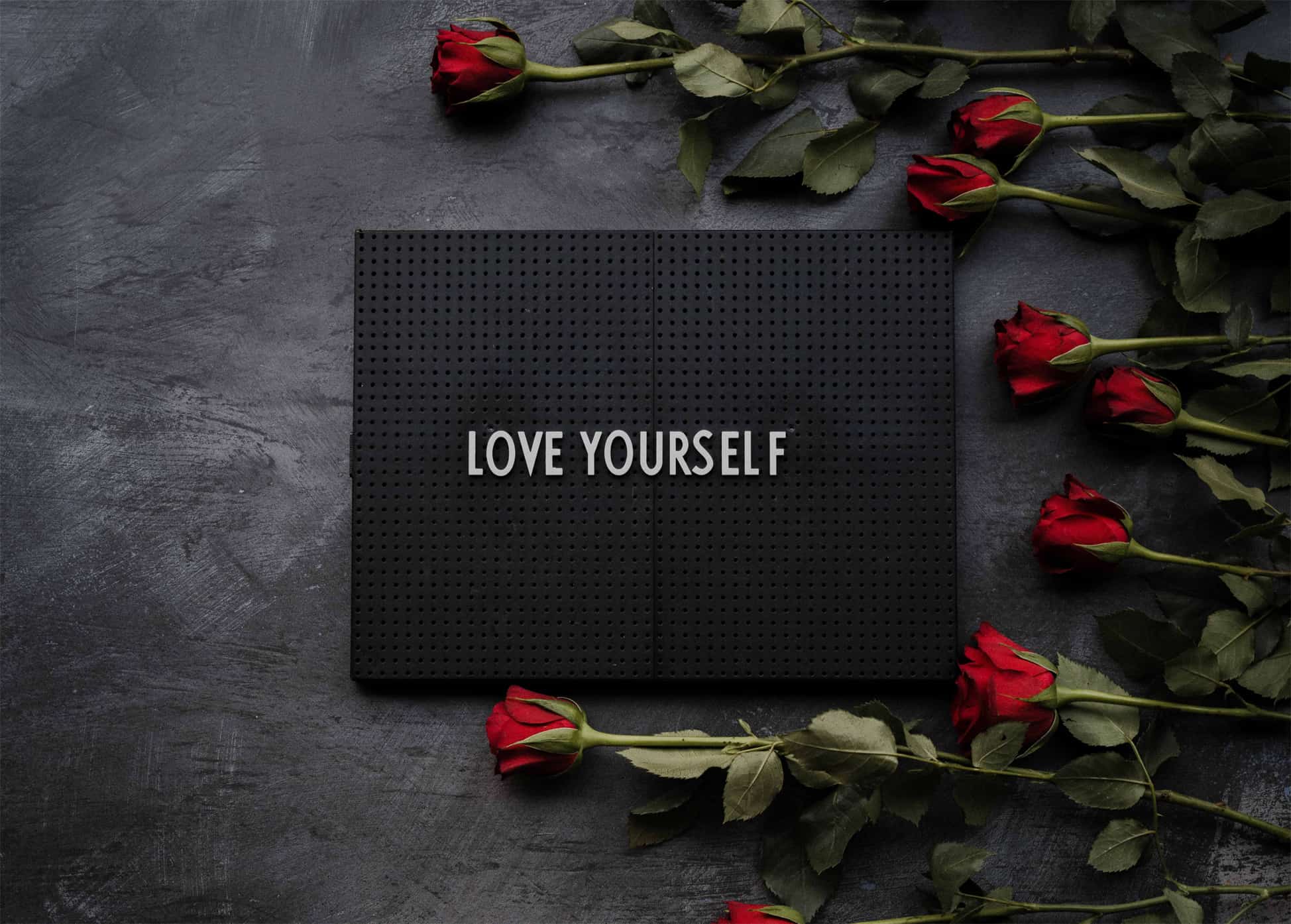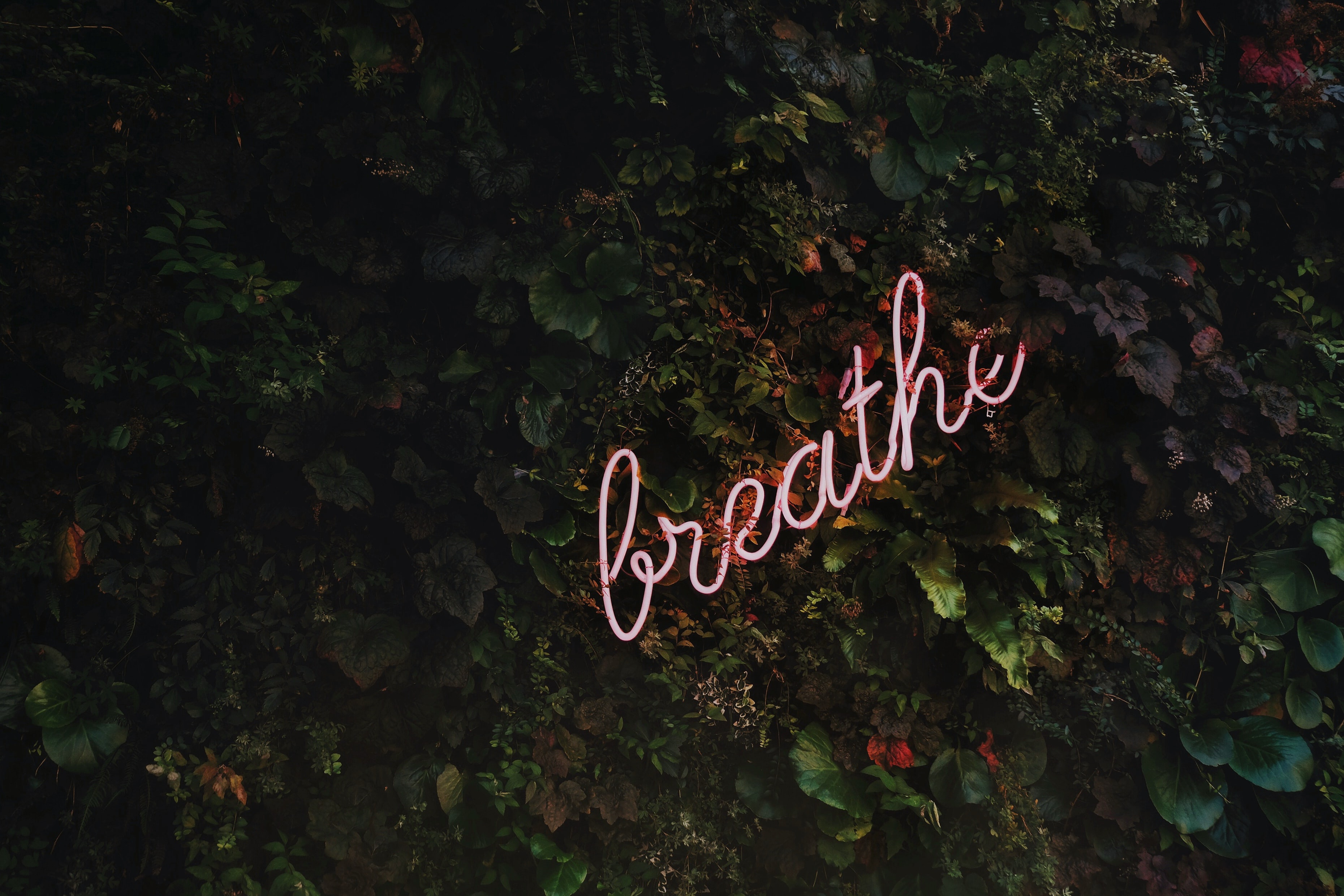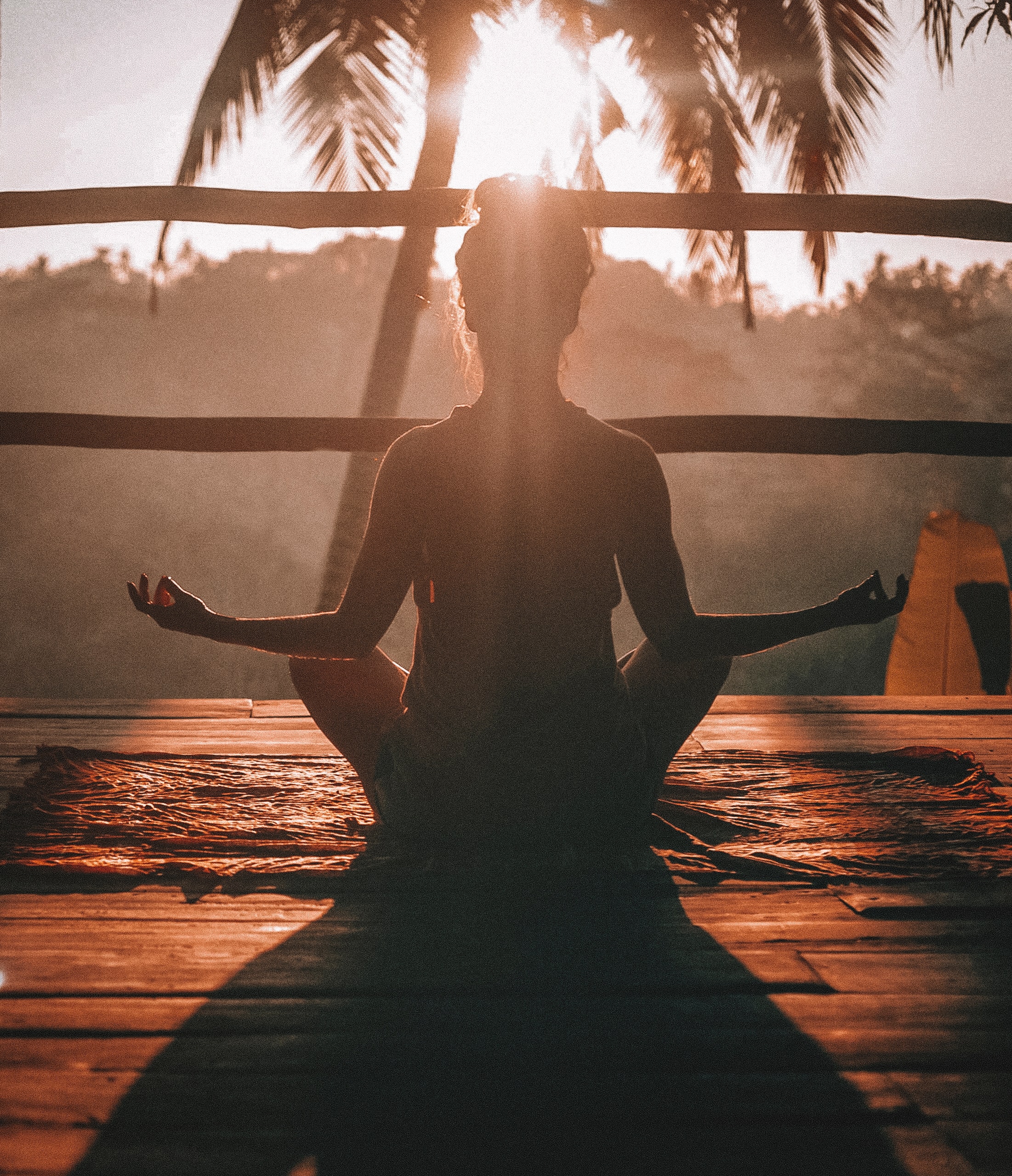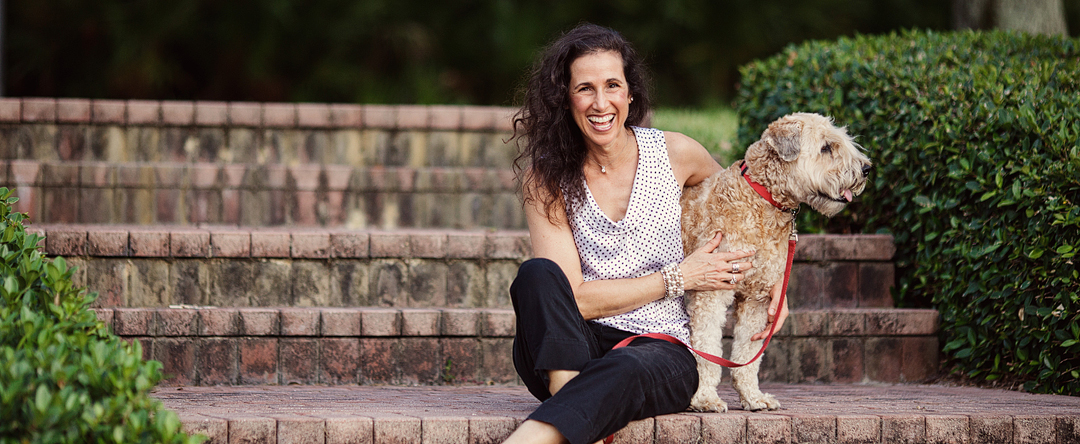 by Michele Rosenthal
by Michele Rosenthal
According to Inc. magazine, there are three mental health habits that help people access resilience during stressful (stay-at-home order) times. Ranked in no particular order, they are:
- Limited exposure to the news
- Limited time of social media
- Focus on self-care
None of these ideas are revolutionary or surprising. However, applying them (and how you substitute other behaviors in place of numbers 1 and 2) can be tricky when you’re in a home with other people. Do you all have to practice the same self-care routine, or can each member of the house develop a personal program?
General self-care articles do not often explicitly address one important and specific consideration: self-care is highly personal. What makes one person feel whole and calm can make another completely agitated.
How you apply the principles above can differ dramatically from how others in your home, family or community need to experience self-care—even if you’re all on a quest for the very same outcomes.

CREATING YOUR PERSONALIZED SELF-CARE ROUTINE
In an article about How to Design a Customized Self-Care Routine for You, Vedic Educator Rachelle Williams explains, “…when you tend to yourself, what emerges is a person who is vibrant, healthy, passionate, and loving. From this state of being, relationships thrive, health is improved, sense of purpose becomes clearer…” When it comes to designing a routine, she suggests that the first step lies in defining your goal; everything else must serve the ultimate intended outcome.
As today you navigate through what someone has quoted to me as The Great Pause, ask yourself,
“What do I need to allow my best self to be present despite both internal and external pressures?”
You might explore the answer to that question in any of the four main realms:
- Mental
- Emotional
- Physical
- Spiritual
Once you identify what holds the most value for you, Williams recommends creating a daily program that includes elements that support the mind, body and spirit delivered via practices set on a consistent schedule morning, day, evening and night.

NEW OPTIONS FOR HOLISTIC HEALTH SELF-CARE PRACTICES
We’ve all heard about the basic processes for self-care, including breathwork, meditation, journaling, yoga and other techniques designed to create a sense of balance, peace and calm.
If you’re feeling like two months into the COVID-19 pandemic you could use some fresh experiences to enliven your self-care and inspire you practice, then consider these free resources offered by professional Holistic Health Connections’ (HHC) members as part of the HHC COVID-19 Resource Pak (https://www.holistichealthconnections.net/covid):
Videos…
- LEARN HOW TO PRACTICE HEART SMILING, Dr. Nathalie Campeau
- TAKING CARE OF YOUR EMOTIONAL HEALTH, Laura Ellick, Licensed Psychologist
- NAVIGATING COVID-19 WITH WISDOM, TOOLS AND LOVE, Ilene Gottlieb, The Heart Healer
- SCRIBBLE YOUR WAY TO SANITY, Paula Holland, Heart, Art & Soul Connection Coach
- TIPS FOR MANAGING STRESS AND ANXIETY, Ilene Leshinsky, MSW
- NUTRITION AND WELL-BEING TIPS FOR THRIVING IN THESE TIMES, Holly Niles, Certified Nutrition Specialist
- MEDITATION AND REIKI RELAXATION, Janet Rotella, LMT
- ESSENTIAL OIL BASICS, Arthur Tassinello, Whealth Specialist
- SAFEGUARD YOUR FAMILY AROUND COVID-19: A 5-PRONG APPROACH, Dan Zhou, Energy Healer
Audios….
- RELEASE ANXIETY & STRENGTHEN YOUR IMMUNE SYSTEM, Melinda Neisser, Life Coach and Hypnotist
- TRAIN YOUR BRAIN FOR PEACE AND CALM, Michele Rosenthal, Trauma Recovery Specialist
PDF…
- CORONOVIRUS TUTORIAL, Dr. Nancy Feiwel
- SIMPLE TIPS TO STAY HEALTHY DURING SOCIAL DISTANCING (A CHECKLIST), Latha Jay, Integrative Ayurvedic Specialist
- WORKING WELL AT HOME, Sonya Tittle, Ergonomic Specialist
All of these complimentary resources (https://www.holistichealthconnections.net/covid) exist in one place so that you can conveniently experiment with them at any time.

IS IT TIME TO CHANGE YOUR SELF-CARE ROUTINE?
Self-care definitely needs a routine, but the routine doesn’t have to be routine. Studies show that the brain positively responds to and evolves healthy changes (for example, memory boosts) when it experiences novelty. When your COVID-19 (or any other) self-care routine starts to feel boring, that’s your cue to change it up.
While you can change what you do and when you do it, remember to also change how you give your brain different experiences of self-care. From audios to videos to reading material, different types of delivery modes activate different brain processes that can contribute to a well-rounded, comprehensive and stimulating self-care program.
When it comes to self-care routines, mental health educator and lifestyle writer, Kylie Rodriguez-Cayro, explains,
Discovering hobbies and habits that cultivate a feeling of self-care can be a process of trial and error for many of us. A lot of your self-care routine, contrary to popular belief, consists of the “boring” things you do on a day-to-day basis —such as cooking, going for a walk, or showering. Though boring, these activities are important: studies have shown that sticking to a daily routine can improve your mental health and decrease your chances of being diagnosed with a mental health disorder like depression.
There are so many flavors of ice cream. For a while, you might really love vanilla—until it becomes boring. At that point, you would naturally try out some other flavors and switch to a new favorite, either lessening the amount of times you order vanilla, or eliminating it from your palate altogether.
Although it’s a “routine” and can become “boring” self-care is like an ice cream shop with many more than thirty flavors. There are literally thousands of ways for you to develop a program that supports you in becoming the best version of yourself, even during the worst of times. What new things will you choose?
I’d love to hear what you experiment with. Shoot me a note at Michele@HolisticHealthConnections.net.

